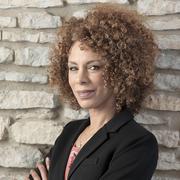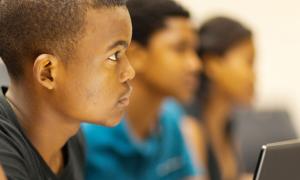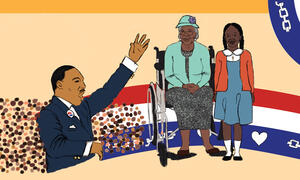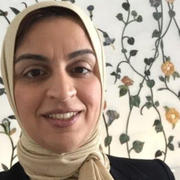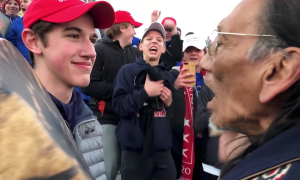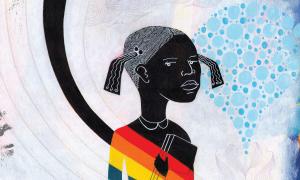author
Jennifer Rowe
Jennifer Rowe is the Executive Director of Educational Equity for Indian Prairie School District in Aurora, Illinois. She has a strong passion for equity work and believes that through building relationships and providing opportunity, real change can occur. Rowe is the co-founder of the Valley Runway, a program that provides prom dresses and tuxedos to students, has partnered with FermiLab to create a summer STEM camp for Black and Latinx students, and has collaborated with 360 Youth Services to provide school-based mental health services in her district’s middle and high schools.
